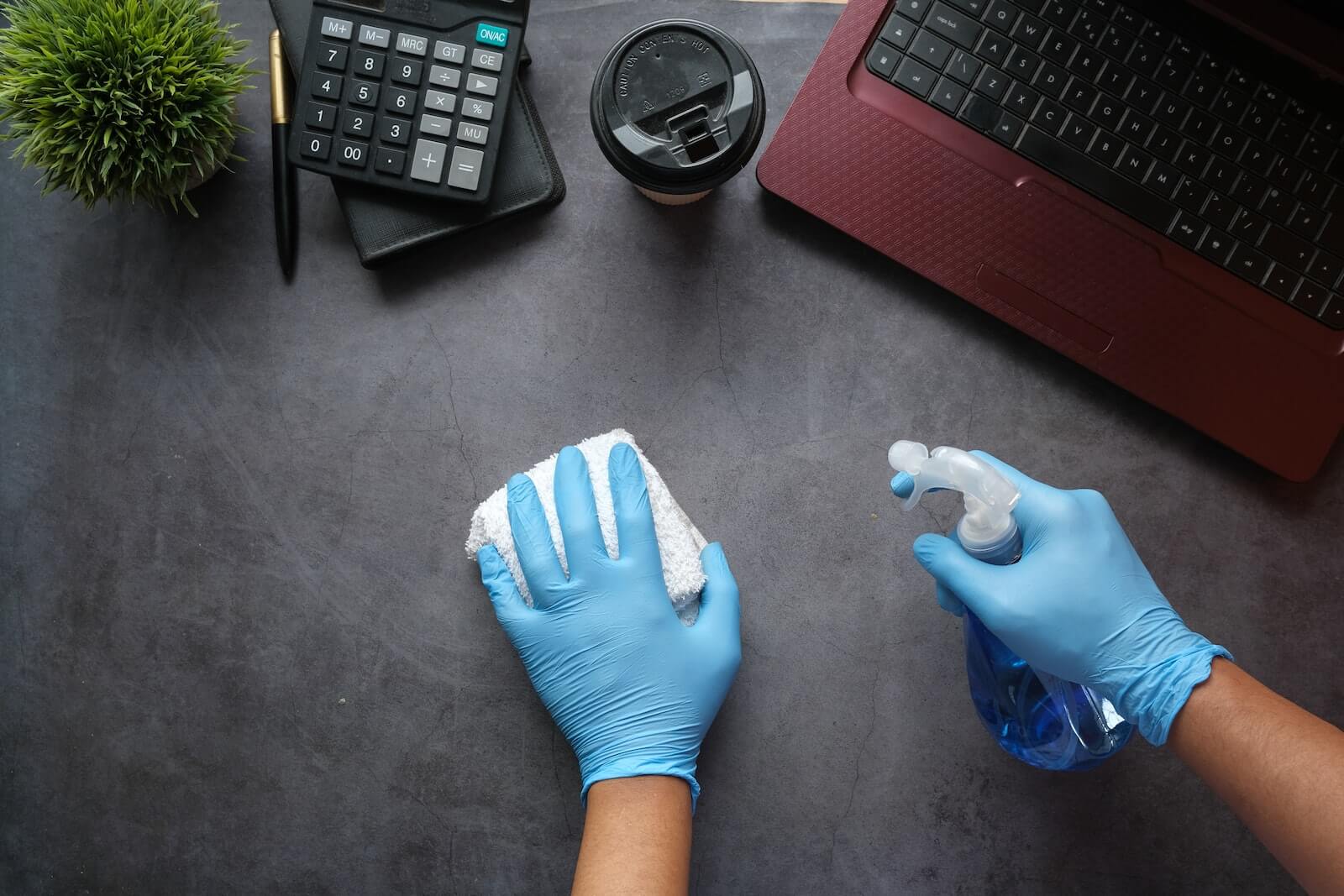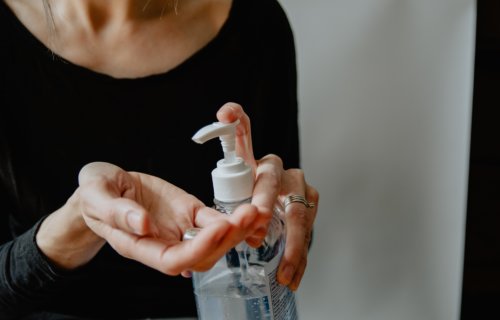BERKELEY, Calif. — Over the past few years, tens of millions of people made it a habit to never leave home without some hand sanitizer or disinfectant wipes. However, could these widespread disinfectants for combating COVID-19 end up fueling an entirely different health crisis? In a new report, over two dozen scientists say the pandemic boosted the unnecessary use of antimicrobial chemicals linked to numerous health problems, antimicrobial resistance, and environmental harm.
More specifically, this new critical review highlights how companies for marketing the use of quaternary ammonium compounds (QACs) in home, healthcare, education, and workplace settings. So, what’s so bad about that? The team says there are plenty of safer alternatives to QACs available right now, and in some scenarios, there isn’t even adequate evidence confirming QACs can reduce disease transmission.
“Disinfectant wipes containing QACs are often used on children’s school desks, hospital exam tables, and in homes where they remain on these surfaces and in the air,” says Courtney Carignan, a co-author and assistant professor at Michigan State University, in a media release. “Our review of the science suggests disinfecting with these chemicals in many cases is unhelpful or even harmful. We recommend regular cleaning with soap and water and disinfecting only as needed with safer products.”
Studies conducted with humans have found links connecting QACs with asthma, dermatitis, and inflammation. Lab studies featuring animals, meanwhile, have also raised concerns regarding QACs — linking them to infertility, birth defects, and more. There is even evidence dating all the way back to the 1950s suggesting QACs contribute to antimicrobial resistance, provoking certain bacteria species to become resistant to both QACs themselves and to critical antibiotics.
“It’s ironic that the chemicals we’re deploying in vain for one health crisis are actually fueling another,” adds Erica Hartmann, a co-author and professor at Northwestern University. “Antimicrobial resistance was already contributing to millions of deaths per year before the pandemic. Overzealous disinfection, especially with products containing QACs, threaten to make it worse.”

QACs are a common ingredient in the production of disinfectant solutions, wipes, hand sanitizers, sprays, and foggers. Manufacturers are now adding them to many personal care products, textiles, paints, and medical instruments. Predictably, since the COVID-19 pandemic, measured levels of these chemicals in the environment and our bodies are increasing.
Benzalkonium chloride is one of the most commons QACs, but others can be found on ingredient labels with names that end in “ammonium chloride” or something similar. However, disclosure and regulation of QACs varies widely. For instance, while pesticide labels are required to list QACs, paint labels are not. In fact, most QACs are subject to no regulation at all, nor are they comprehensively screened for health hazards.
In summation, researchers suggest eliminating the use of QACs unless absolutely necessary. For example, using QACs to disinfect is often no more efficient than cleaning with plain soap and water. Other recommendations proposed by researchers include requiring full disclosure of QACs across all products, as well as the close monitoring of QAC levels in people and the environment.
“Drastically reducing many uses of QACs won’t spread COVID-19,” concludes Carol Kwiatkowski, a co-author and scientist at the Green Science Policy Institute. “In fact, it will make our homes, classrooms, offices, and other shared spaces healthier.”
The study is published in Environmental Science & Technology.
You might also be interested in:
- COVID’s curse: 42% of Americans now consider themselves germaphobes because of pandemic
- WASH YOUR HANDS! Self-service checkout screens, keyboards crawling with fecal matter
- Germaphobe nation: People washing hands so much during COVID it’s ruining their skin

